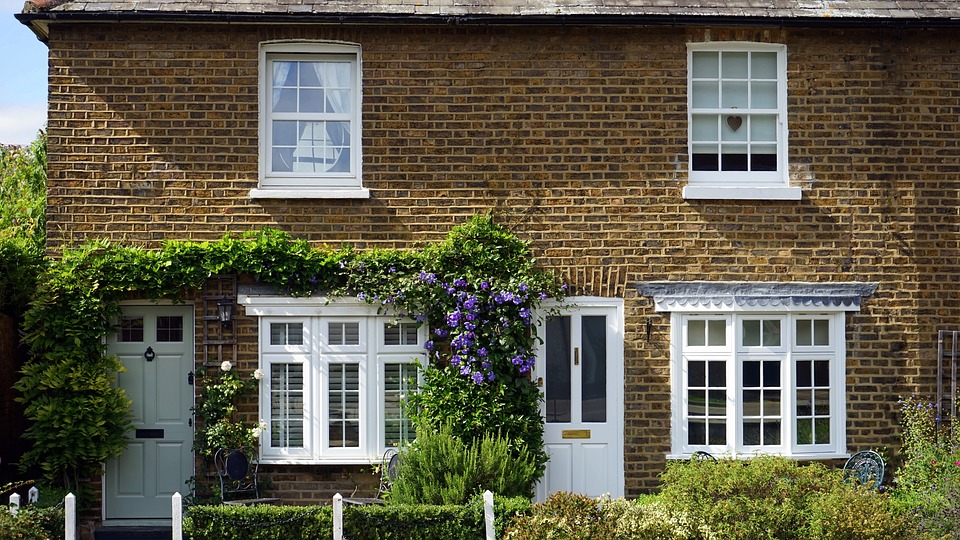Asking prices for British houses put on sale in October showed the smallest seasonal increase since the financial crisis, as all but the most determined sellers waited for greater certainty over Brexit, industry figures showed on Monday.
Rightmove said that the average asking price for homes sold via its website was 0.6% higher in October than in September, well below the average 1.6% rise seen for the time of year and the smallest increase since October 2008.
“With upward pricing power now pretty flat, some sellers who are motivated by maximising their money seem to be holding back. They may be waiting for more certainty around both achieving their price aspirations and also the Brexit outcome,” Rightmove director Miles Shipside said.
Average asking prices in October were 0.2% lower than in October 2018, compared with an annual rise of 0.2% in September.
Britain’s housing market has slowed since June 2016’s referendum on leaving the European Union, and official data last week – based on completed sales – showed annual house price growth of 1.3% in the year to August, up from a near seven-year low of 0.8% in July.
Consumers have become warier about making major purchases in general.
A quarterly survey of consumer sentiment by accountants Deloitte, also released on Monday, showed morale fell to its lowest since late 2018 in the third quarter of 2019, despite wages growing at their fastest rate in a decade.
“Up to now we have seen a slowdown everywhere but in the jobs market and in the consumer economy,” Deloitte economist Ian Stewart said. “A decline in consumer confidence this quarter, combined with a fall in official unemployment figures, show that the period of remarkable resilience … is coming to an end.”
Reporting by David Milliken, editing by Andy Bruce
Source: UK Reuters


